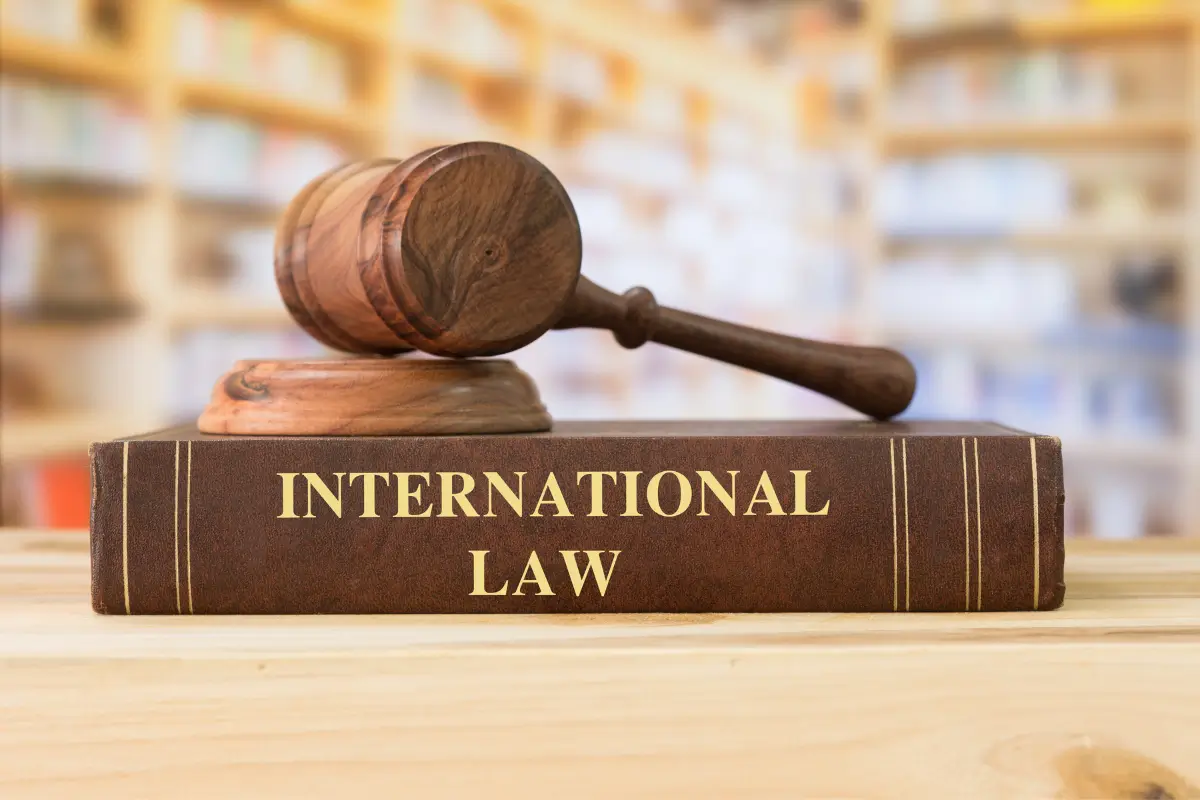Formation of International Treaties
International treaties are formal agreements between two or more sovereign states or international organizations, governed by international law. They play a vital role in maintaining global cooperation on issues such as trade, security, human rights, and the environment. The process of treaty formation involves several important legal and diplomatic steps.
Negotiation:
The formation of a treaty begins with negotiation. Representatives or diplomats of the concerned states come together to discuss and draft the treaty terms. This process may take place in bilateral or multilateral forums, and the goal is to reach a mutual understanding on key provisions.
Adoption of the Text:
Once they complete negotiations, the participating states formally adopt the agreed-upon text of the treaty. Adoption can occur through consensus or voting, especially in multilateral settings like the United Nations. At this stage, the treaty has no legal effect but signifies agreement on the wording.
Signature:
Signing the treaty is the next step and indicates the signatory state’s intention to be bound by the treaty in the future. However, signature alone does not create binding legal obligations unless the treaty specifies otherwise.
Ratification:
Ratification is the formal process through which a state expresses its consent to be legally bound by the treaty. This typically requires approval from the country’s legislative or constitutional authority. Only after ratification does the treaty become legally binding on the state.
Entry into Force:
Most treaties specify when they will enter into force—often after a certain number of ratifications or on a specific date. From this point onward, the treaty becomes operative and enforceable under international law.
Implementation and Registration:
Once in force, states must implement the treaty domestically. Additionally, Article 102 of the UN Charter requires states to register their treaties with the UN Secretariat.
Treaties help maintain legal order and foster cooperation in the global arena. The Vienna Convention on the Law of Treaties (1969) is the primary legal framework governing the formation and interpretation of treaties.




